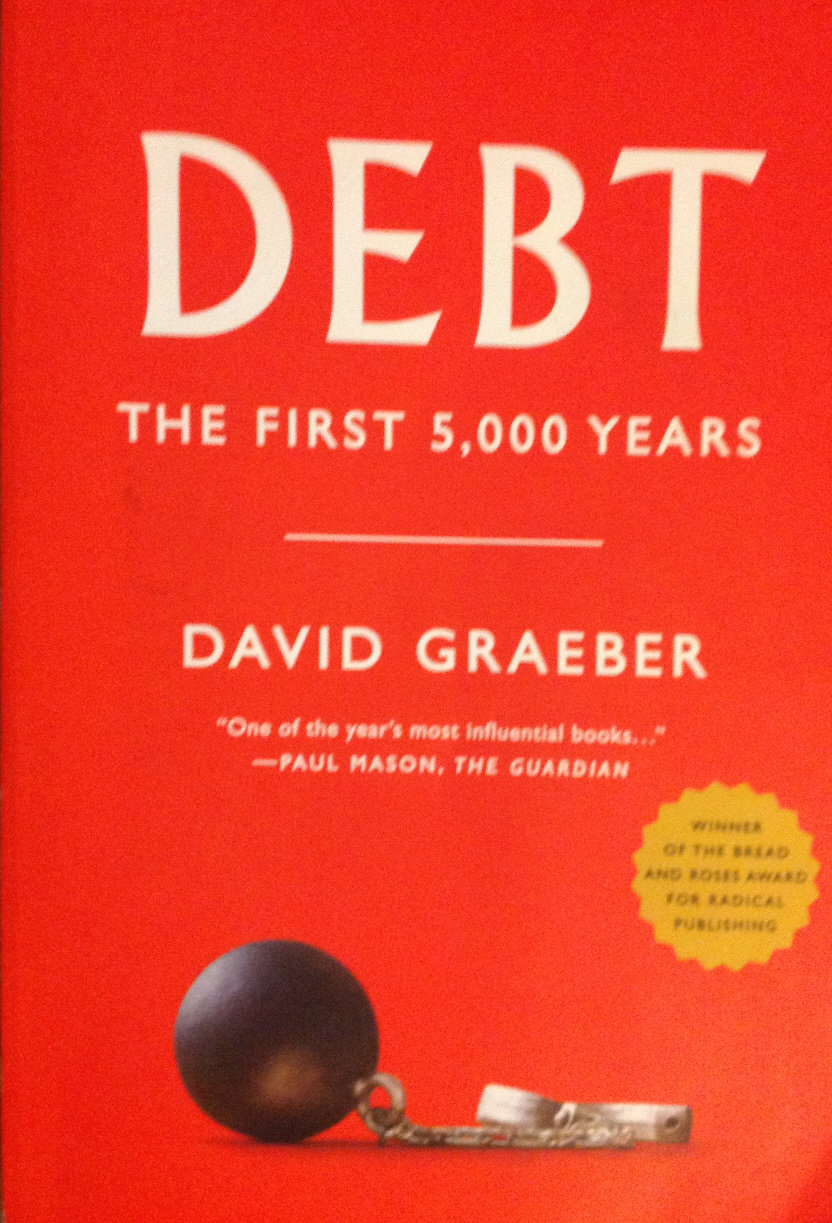Along with most of my politically conscious compatriots here in Britain, I am deeply shocked by the massacres perpetrated by the Egyptian security forces on supporters of the Muslim Brotherhood over the last couple of days. A deeply shocking, and depressing, revelation came from an EU mediator in a BBC interview yesterday. Apparently he was very close to achieving a negotiated way forward, before hardliners in the Egyptian government overruled the people he was negotiating with to press ahead with the violent crackdown. This episode deserves more attention that it got (I have failed to find any report of it after searching both the BBC and Google, so quickly have the news media dropped the story), as it is very revealing about both Egypt and the Middle East at large. We in the West have become completely irrelevant.
What we had hoped for in the Arab Spring was the emergence of democracy in the various Middle Eastern states, with a working relationship developing amongst the main political factions, with workable, effective governments emerging over time. Perhaps a bit like Portugal after the 1970s. We cling to the hope of this now in just Tunisia and Libya. What has emerged instead is a conflict between an Islamist faction and the state security apparatus, neither of which is interested in liberal democratic government. In Egypt both factions have decided they should get what they want by ignoring the liberal factions and Western standards. They are following a path taken by Algeria; the uprising in Syria is evolving in a similar direction. In Jordon and Morocco the state security apparatus is in control but toy with democratic reforms to keep Western sponsors sweet. In the Gulf and Arabian Peninsula the state security apparatus is not even doing that. In Iraq democracy is gradually being pushed into the background as a similar dynamic emerges. Israel/Palestine and Lebanon are much more complex, but some of the same themes can be seen there. The real battle is between a powerful state security apparatus and an Islamist protest movement, which shades into insurgency and outright guerrilla war. Neither side is interested in democracy, and no other civic or foreign forces can persuade them otherwise.
The first disappointment in Egypt is that the Islamists failed to embrace democracy. Rather they saw democratic institutions as a means of seizing power for themselves. They seemed to have no concept of governing by consent, or of building democratic institutions. President Morsi’s democratic mandate was weak, as the electoral system failed to give voters a proper choice. There is no properly elected parliament, and the Muslim Brotherhood showed no real interest in conducting proper open elections for them. Their attitude to democratic institutions seems rather similar to that of Lenin or Hitler: a means to an end. This seems to be part of a wider pattern of similar Islamist movements in the Middle East – notably Hamas in Gaza, and Hezbollah in Lebanon.
Their implacable opponents are hardliners in the security establishment: armed forces, police and murky intelligence organisations. In Middle Eastern countries these forces in most cases, including Egypt, have become monstrous and unaccountable. They are usually incredibly incompetent at their alleged purpose of maintaining law and order, as this week’s massacres showed. They effectively control most Middle Eastern governments, though often with civilian or royal heads of state nominally in charge. They have no time for liberal democracy. The sort of accountability implied by such a system is anathema.
More liberal forces did flower for a while in Egypt, allying with the Islamists to temporarily turn the generals out of power. But the Islamists were not interested in a real partnership. There was a small hope that, after the military coup, the Brotherhood might again see that it was in their interests to team up with the liberals, and concede real power to them. That, no doubt was the substance of what EU mediators were trying to negotiate. But the security hardliners have now crushed all hope of that. And now ordinary Egyptians are faced with a stark choice. Whose side are they on? The Islamists or the security forces? After the Brotherhood’s disastrous period in power, many will choose the latter.
And there is practically nothing that we in the West can do to influence events. The best hope for democracy lies in the Islamist forces coming to understand that they need and should respect democratic institutions, even when it proves inconvenient. They can then build a secure partnership with secular liberals that will command broad popular support. This is what happened, eventually, in Turkey as the Islamists embraced the idea of Turkey being part of Europe. Instead the Islamists in the Middle East and Africa seem to take their lead from their implacable opponents in the security state: it is all about getting your hands on the levers of power.
All we can do in the West is help nurture the small shoots of liberal democracy as they emerge, through mediation and advice, as much as through money and aid – as the EU did with Turkey. Meanwhile we are condemned to being utterly helpless. Neither side needs us.
